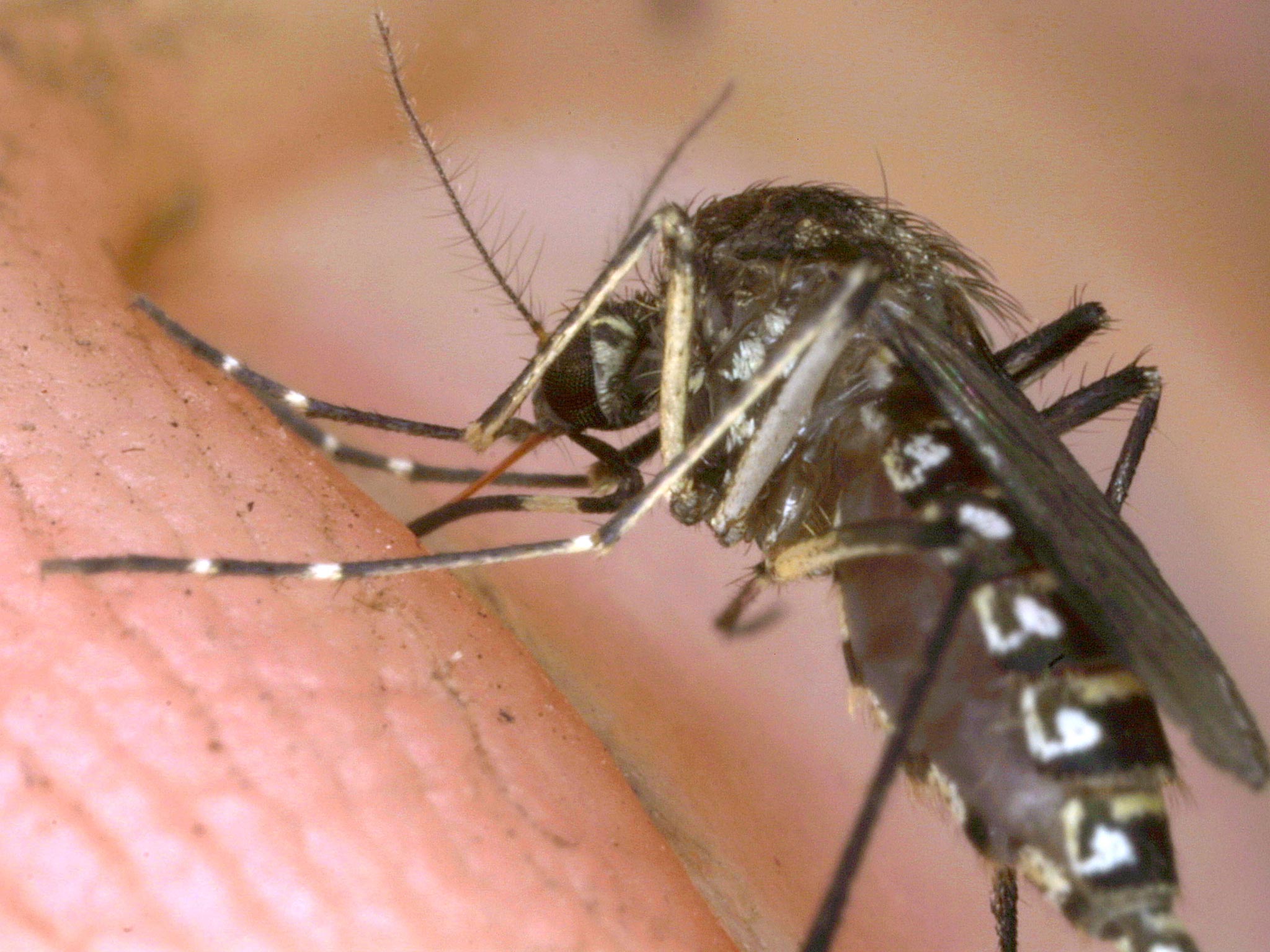High hopes for new malaria vaccine based on blood protein

A new type of malaria vaccine based on proteins found in the blood of children who develop a natural resistance to the parasitic disease has been developed by American researchers.
Tests on laboratory mice have shown that the vaccine can protect the animals against the most lethal strains of malaria and scientists are confident that it will be both safe and effective in humans.
It is believed to be the first time that scientists have made a candidate malaria vaccine based on a blood protein that confers natural resistance to young children. The breakthrough could lead to the first clinical trials of the prototype vaccine within two years, the researchers said.
Malaria kills about 600,000 people each year, most of them young children under the age of five living in sub-Saharan Africa and South East Asia. There are more than 200 million cases a year worldwide and many children who survive infection can still be left with health problems in later life.
Scientists discovered the blood antibodies that confer natural resistance to malaria during a survey of about 785 children in Tanzania. About six per cent of the children possessed antibodies to a malaria protein that is vital for the parasite to complete its lifecycle within the human body.
Although the new candidate vaccine, known as PfSEA-1, has only been tested on mice, the scientists behind the research are excited about its potential in terms of protecting vulnerable children against the most dangerous forms of severe malaria.
The new PfSEA-1 vaccine works by trapping malaria parasites inside infected red blood cells so that they cannot emerge to infect other red blood cells and so complete their complicated life cycle, said Jonathan Kurtis at Rhode Island Hospital in the US.
“It turns out that antibodies to this protein prevent the schizont [a stage in the malaria lifecycle] from getting out of the red cell. We trap the parasite inside the red cell,” Dr Kurtis said.
“We have found a way to block it from leaving the cell once it has entered. If it’s trapped in the red blood cells, it can’t go anywhere. It can’t do any further damage,” he added.
About 100 candidate malaria vaccines have been developed over the past 30 years but only one has made it to the final, phase-three stage of clinical trials. However, this vaccine, known as "RTS,S" and made by GlaxoSmithKline, confers less than 50 per cent protection – which many experts believe is better than none.
“Malaria is the single greatest killer of children on the planet. It kills one child every 15 seconds. It’s an unbelievable culling machine of sub-Sarharan Africa and South-East Asia. We need desperately a vaccine against malaria,” Dr Kurtis said.
“It’s unlikely that anything that is immediately on the horizon is going to be actually sufficient efficacious. So our next destination is an active vaccination trial in monkeys, followed by phase-one trials in humans. We’d like to roll this out as quickly as we can,” he said.
The study, published in the journal Science, showed that the PfSEA-1 vaccine can protect laboratory mice from the most severe strains of rodent malaria. The researchers also found that the children with PfSEA-1 antibodies naturally in their blood did not succumb to severe malaria, he added.
“The shocking result was that children who had detectable antibodies to this antigen never got severe malaria – zero cases,” Dr Kurtis said.
Some candidate vaccines have been shown to work well in animals such as mice and monkeys, but they fail to work in humans. This candidate vaccine comes from a natural protein that has been shown to confer high levels of resistance in children and so it should work in humans, he said.
“What really distinguishes this work is that we began with human beings and we can overcome the problem that says we’ve got a great vaccine, I can protect mice but it does not translate at all to human beings,” Dr Kurtis said.
Professor Mike Blackman, a malaria researcher at the National Institute for Medical Research in north London said: “The study is quite an important step forward and potentially raises the prospect of this becoming a vaccine candidate and combining it with other vaccine candidates… but they still have a long way to go.”
In 2011, scientists from the Wellcome Trust Sanger Institute in Cambridge identified the critical protein on the surface of red blood cells that allowed the malaria parasite to gain entry to the cell. The researchers said this protein, known as basigin, could also be used as a target for future prototype vaccines.
Combining two or more vaccines that target different stages of the malaria’s complicated lifecycle are likely to be more effective than just one vaccine, Dr Kurtis said. “We can approach the parasite from all angles,” he said.
Subscribe to Independent Premium to bookmark this article
Want to bookmark your favourite articles and stories to read or reference later? Start your Independent Premium subscription today.

Join our commenting forum
Join thought-provoking conversations, follow other Independent readers and see their replies